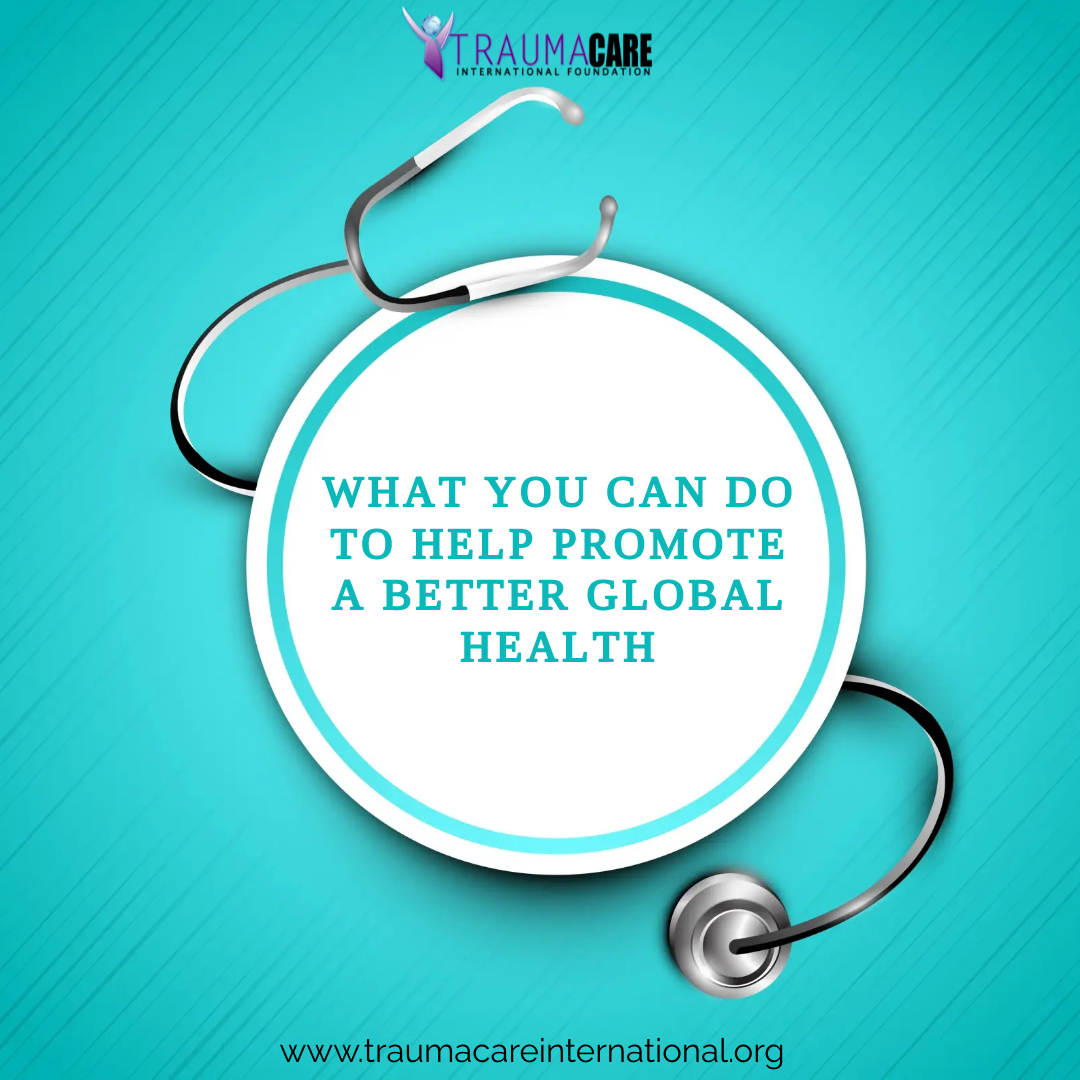Global health emphasizes a broad, multidisciplinary approach to addressing developing health concerns, taking into account social, cultural, economic, and environmental aspects that contribute to health inequality. This approach is comparable to that of public health.
In its purest form, global health aims to improve health outcomes for marginalized groups and communities everywhere. By research, instruction, and cooperative intervention, those who study or work in global health strive to minimize health inequities in low-resource settings all around the world.
Global health emphasizes a broad, multidisciplinary approach to addressing developing health concerns, taking into account social, cultural, economic, and environmental aspects that contribute to health inequality. This approach is comparable to that of public health.
- DONATE BLOOD
One of the simplest ways to improve the health of others is through blood donation. Patients with cancer, those injured in accidents, and those undergoing surgery can all benefit from blood donations. In fact, according to the "WHO" blood is the most precious gift that someone can give to another person - [it] is the gift of life.
- STAY PHYSICALLY ACTIVE
Maintaining physical health requires exercise. Lack of exercise can increase the risk ofdeveloping illnesses like cardiovascular disease, diabetes, and other conditions. Also, beneficial to physical and mental health and wellbeing is exercise. Yet with all of these advantages, "1 in 4 persons do not exceed the global recommended levels of physical activity," according to research.
- ACHIEVING PERSONAL GROWTH
Youth organizations have a positive impact on the development of personal skills, such as self-esteem, self-efficacy, communication, negotiation, life skills, and motivation. Through the wide range of programs and activities they provide to young people, including health education and health information;the improvement of these abilities benefits one's health.
- TAKE INITIATIVE - REFOCUS THE HEALTH SERVICES
Youth organizations play a crucial role in advocating for the creation and delivery of health services that can address the needs of young people. For instance, youth organizations can raise awareness of the need for adolescent-friendly health services and can support their delivery.
- DRINK WATER AND STAY HYDRATED.
Water helps your bodymaintain a normal temperature, cushion, and lubricate the joints. Your spinal cord and other delicate structures need to be protected. Use bowel motions, sweating, and urination to eliminate waste.
- SLEEP OFTEN
Your immune system and sleep patterns are strongly correlated. Getting seven to eight hours of sleep each night will help you maintain a healthy immune system.
- CONSUME NUTRITIOUS MEALS AND LIMIT UNHEALTHY FOODS.
Don't forget to have breakfast, and pick a meal that is higher in protein and fiber and lower in calories, fats and sugar.
- WATCH YOUR WEIGHT
You'll be able to notice what you're gaining or shedding if you monitor your body weight on a daily or weekly basis.
- SUPPLEMENT WITH MULTIVITAMINS
When you don't have access to a variety of fruits and veggies at home, it is a good idea to take a daily multivitamin supplement to ensure you are getting enough nutrients. Your immune system depends on a variety of micronutrients, such as zinc, iron, copper, selenium, and magnesium, as well as the vitamins A, B6, B12, C, D, and E.
Unfortunately, there is currently no available evidence that supplementing your diet with any "wonder mineral supplements" will aid in preventing the infection or speed up healing. High vitamin dosages may occasionally be harmful to your health.
For more information;
Call: 0808 678 3416 or 0808 584 9338
Email: [email protected],
[email protected] CLICK HERE TO SIGN UP
Download the TCERA user app today.
https://bit.ly/tceraAndroid
https://bit.ly/tcera-IOS





What do you think?
0 Responses
To Comment, you must Sign In
Be the First to Post on this Topic